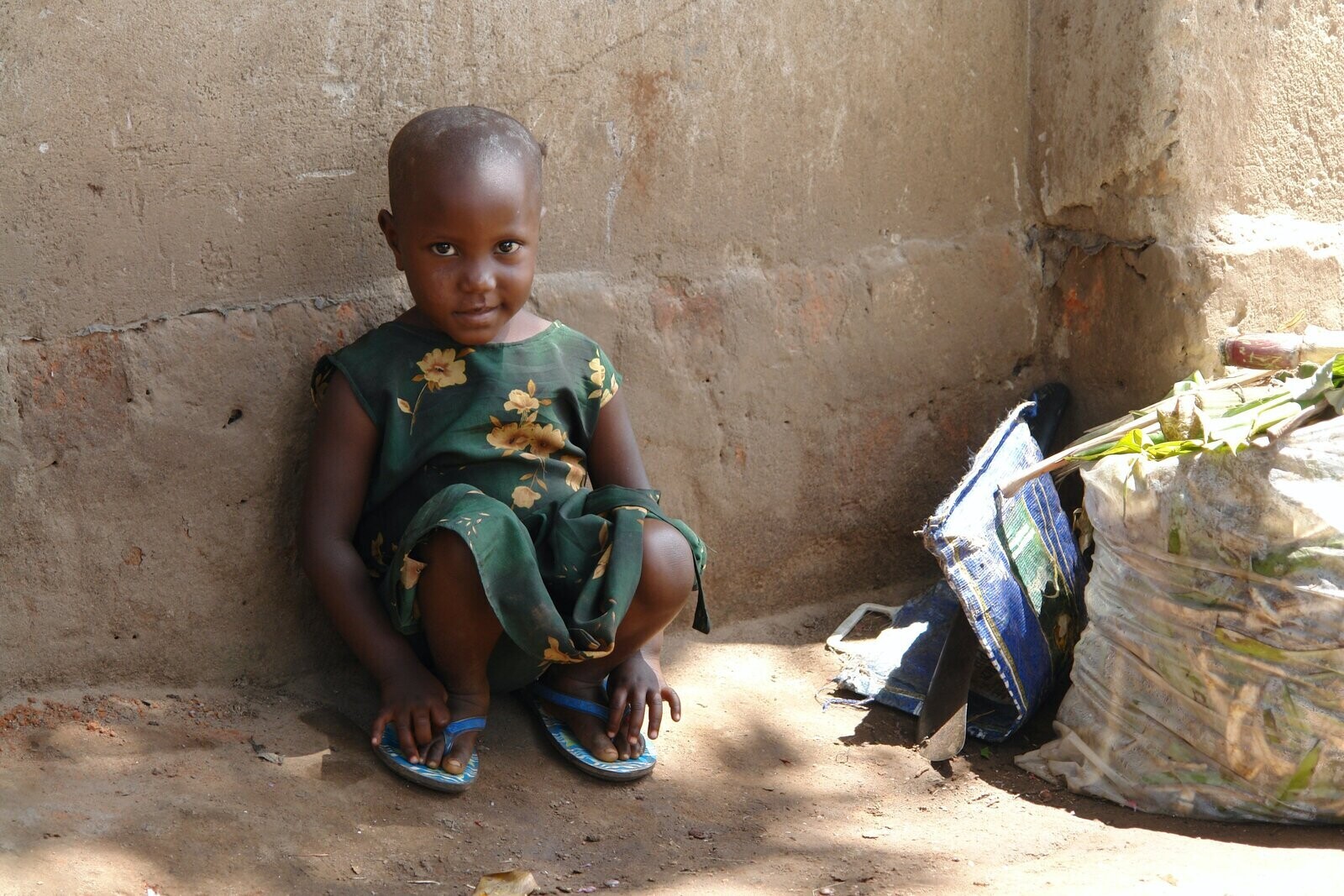In developing nations, the concept of self-sufficiency is critical for enabling individuals and communities to achieve stability and prosperity. Self-sufficiency, in this context, means providing people with the tools, skills, and resources necessary to live a fulfilling life without external aid. This involves education, job training, access to clean water and nutritious food, and other essential services. Programs like those offered by Forgotten Children Worldwide (FCW) play a transformative role in helping vulnerable individuals, especially children and adolescents, on their journey toward self-sufficiency. In this article, we’ll explore just how important self-sufficiency can be in developing nations.
Defining Self-Sufficiency
Self-sufficiency can be defined as the ability of individuals or communities to meet their basic needs independently. This includes having access to education, healthcare, employment opportunities, and essential resources like clean water and food. In developing nations, self-sufficiency often involves overcoming significant barriers, such as poverty, lack of infrastructure, and social inequalities.
Programs focused on self-sufficient living emphasize equipping people with the skills and knowledge necessary to sustain themselves and contribute to their communities. This approach not only improves the quality of life for individuals but also fosters economic development and social stability.
Why Self-Sufficiency in Developing Nations Is Important
Economic Stability: Self-sufficiency reduces dependence on foreign aid and external resources, leading to more stable and resilient economies.
Poverty Alleviation: Empowering individuals to support themselves helps lift them out of poverty, improving their quality of life and overall well-being.
Sustainable Development: Self-sufficient communities can sustain their growth and development, ensuring long-term progress without relying on external assistance.
Improved Health: Access to clean water, nutritious food, and healthcare services leads to better health outcomes and reduces the prevalence of diseases.
Education and Literacy: Providing education and vocational training enables individuals to acquire skills and knowledge, increasing their employability and potential for economic success.
Economic Diversification: Developing a variety of industries and skills reduces the risk associated with dependency on a single sector or commodity, fostering economic resilience.
Empowerment and Independence: Self-sufficiency empowers individuals and communities to make decisions and control their own destinies, fostering a sense of autonomy and dignity.
Reduction of Exploitation: Equipping individuals with skills and resources reduces their vulnerability to exploitation, human trafficking, and other forms of abuse.
Environmental Sustainability: Promoting sustainable agricultural practices and resource management ensures the long-term health of the environment, benefiting future generations.
Community Development: Strong, self-sufficient communities are better able to support each other, creating a network of mutual assistance and shared growth.
Political Stability: Economic independence and improved living conditions can lead to greater political stability, reducing the likelihood of conflicts and unrest.
Resilience to Crises: Self-sufficient communities are better prepared to withstand and recover from natural disasters, economic shocks, and other crises.
Innovation and Entrepreneurship: Encouraging self-sufficiency fosters innovation and entrepreneurship, driving economic growth and creating new opportunities.
Improved Infrastructure: Investment in self-sufficiency often includes developing infrastructure such as roads, schools, and healthcare facilities, benefiting the entire community.
Cultural Preservation: Supporting local economies and traditions helps preserve cultural heritage and identity, contributing to a richer, more diverse global society.
By focusing on self-sufficiency, developing nations can create a foundation for sustainable growth, resilience, and improved quality of life for their citizens.
The Role of Forgotten Children Worldwide
Forgotten Children Worldwide is a nonprofit organization dedicated to helping children and adolescents in developing nations achieve self-sufficiency. FCW’s programs address various aspects of self-sufficiency, including education, job training, food security, and clean water initiatives. By providing these essential services, FCW helps lift individuals out of poverty and gives them the tools to build a better future.
Education and Skill Development
One of the key components of self-sufficiency is education. FCW facilitates educational programs that ensure children receive the necessary knowledge and skills to pursue higher education or vocational training. For instance, the Kipindi Mpito program in Uganda helps young women transition from childhood to adulthood by teaching critical life skills, counseling and mentoring, personal discipleship, trade training, and self-confidence and empowerment. This program has enabled many young women to become confident, independent adults capable of supporting themselves and their families.
Job Training and Economic Opportunities
FCW also provides job training programs that prepare individuals for the workforce. These programs focus on teaching valuable skills that are in demand in the local job market, such as textiles training, vocational training, and small business startup support. By equipping individuals with marketable skills, FCW helps them secure stable employment and achieve financial independence.
Food and Water Security
Access to clean water and nutritious food is fundamental to achieving self-sufficiency. FCW’s food and water security programs ensure that children and their families have reliable access to these essential resources. By building clean water wells and providing quality nutrition, FCW helps prevent diseases and eliminate the vulnerabilities associated with water scarcity and malnutrition.
Empowerment and Mentorship
Empowerment programs are another crucial aspect of FCW’s approach to self-sufficiency. These programs educate and mentor young people about their rights and how to avoid exploitation. For example, FCW’s HIV care and education initiatives provide awareness training, medical care, hygiene supplies, counseling, and schooling for families affected by HIV/AIDS. These programs help individuals lead healthier lives and become productive members of society.
Transformative Impact on Lives
The impact of FCW’s programs on the lives of children and adolescents in developing nations is profound. By helping individuals become self-sufficient, FCW provides them with opportunities they might not have had otherwise. For instance, Ronnie’s story illustrates the transformative power of sponsorship. Abandoned and neglected by his family, Ronnie faced a bleak future. However, through FCW’s sponsorship program, he received the care, education, and support needed to turn his life around.
Similarly, Tiyamike’s journey demonstrates the importance of providing continuous support. Despite facing numerous challenges, including becoming pregnant at a young age, Tiyamike was able to complete her education with the help of FCW and now has a diploma in computer and information systems. She is on a path to a self-sufficient future, highlighting the effectiveness of FCW’s empowerment and education programs.
The Path to Development
The self-sufficiency model of development adopted by FCW emphasizes the importance of equipping individuals with the skills and resources necessary for independent living. This approach not only improves the lives of individuals but also fosters economic growth and social stability. By focusing on self-sufficiency, FCW helps create resilient communities capable of overcoming challenges and achieving sustainable development.
Self-sufficiency is a crucial element in the development of individuals and communities in developing nations. Programs like those offered by Forgotten Children Worldwide play a vital role in transforming lives by providing education, job training, food and water security, and empowerment. By helping individuals become self-sufficient, FCW ensures that they have the tools to build a better future and contribute to the development of their communities.
At Forgotten Children Worldwide, we strive to empower forgotten children in developing nations. Our mission is to protect, empower, love, and repeat. A major part of our work is guiding the vulnerable on the road to meaning and self-sufficiency. One of the ways we do this is through initiatives like our Kipindi Mpito program, which helps children and adolescents by teaching them critical life skills, offering counseling and mentoring, promoting personal discipleship, trade training, and focusing on self-confidence and empowerment.
We also focus on child sponsorship that provides clothing, nutrition, education, medical care, spiritual development, and mentorship to children in need. If you are interested in getting involved, you can learn more about what we do, sponsor a child, or make a donation to support our critical work!
Have Questions? Want to Learn More?
We’re here to answer your questions and guide you in making an impact. Reach out to us today and start your journey with Forgotten Children Worldwide.
Contact Us
